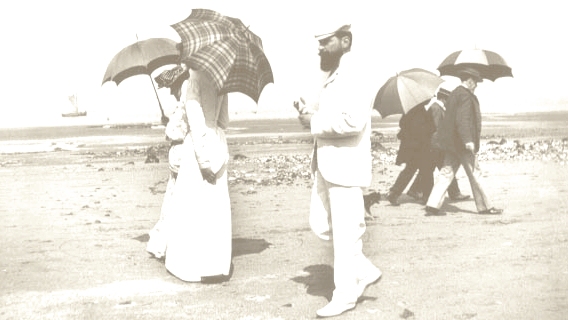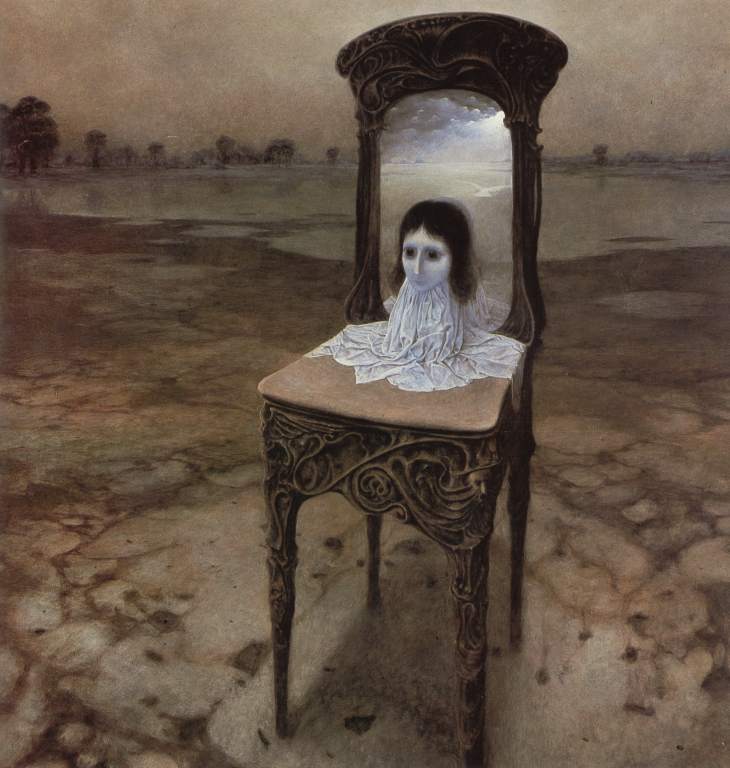Why did you write Oryx and Crake now?
I was sitting on the balcony of Cassowary House in a nature reserve in northern Queensland, Australia, watching the red-necked crake, a species which is not very numerous. Australia is a place of mini systems. If you destroy that little bit of habitat then the species dies. That's when I started writing it but I had years of background information. Oryx and Crake, like The Handmaid's Tale, is based on certain axioms. One axiom is that the glaciers are indeed melting, the North is indeed getting warmer. Nobody really knows what is going on up there, but I can tell you from first-hand observation that the glaciers are receding and that people are very worried because the polar bear is threatened. I postulate global warming. I postulate that unless North America does something about its environmental laws, the aquifers will be depleted, groundwater will seep in and they'll become contaminated. And if you over-irrigate, you salinate the land - that's happening in California now. That's why everybody in this book is eating soya. We don't even know whether it's real soya.
People may think that these developments are not going to affect them but we saw the collapse of the cod fishery within the past 20 years. Bang. Gone. The model before that was the passenger pigeon. Everyone thought that they were so numerous, they would never run out. You can't think that about anything anymore, except possibly viruses. Speaking of which, people have asked me if SARS is my fictional killer disease made real. I say no, this is not it.
Margaret Atwood interview in New Scientist week of May 7 2203








